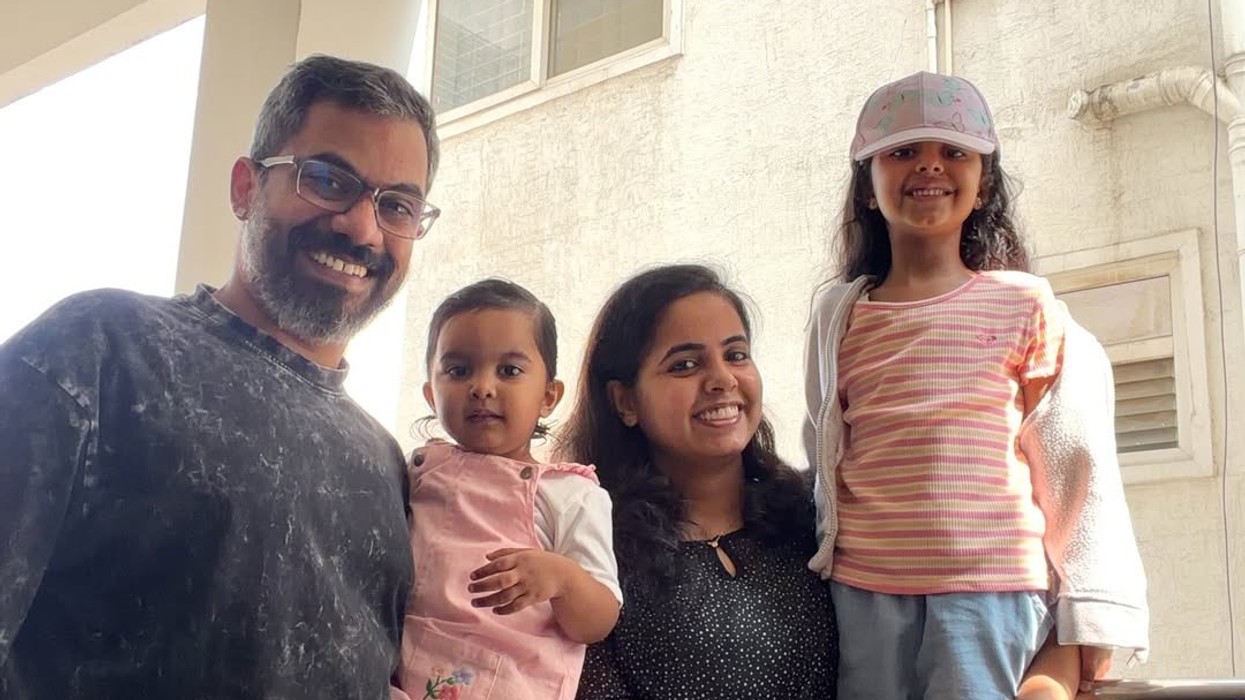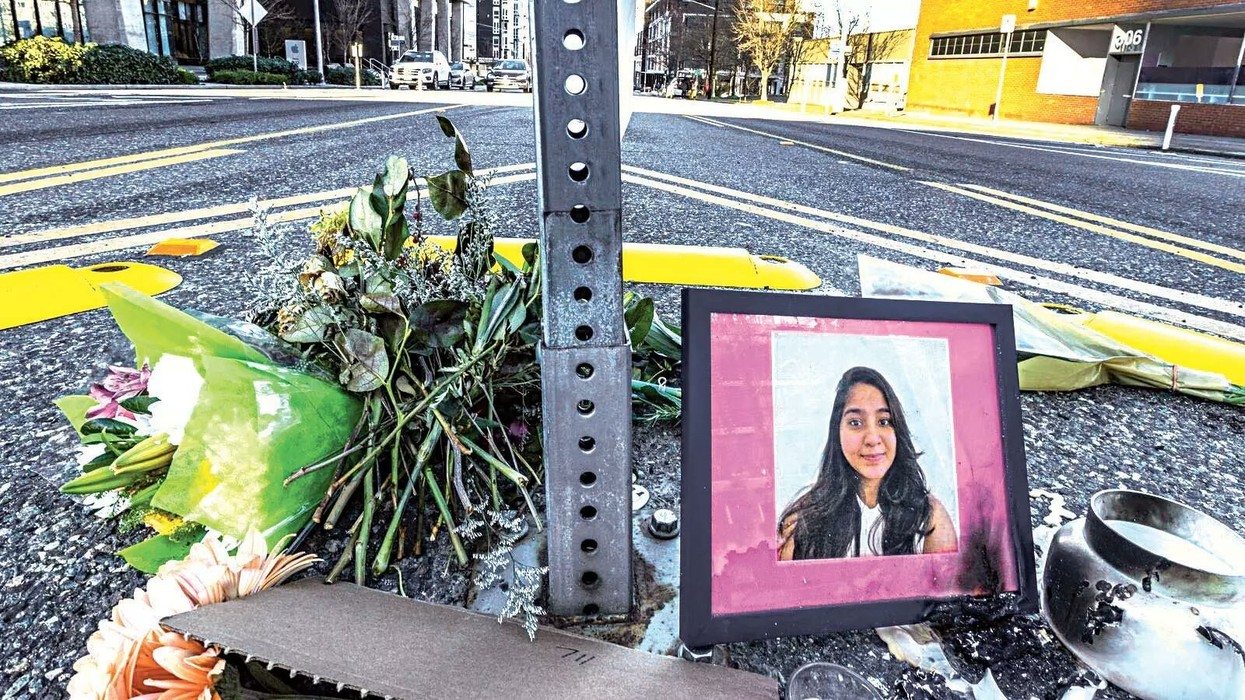Highlights:
- Harjit Kaur lived in the US for over 30 years, working and raising her family in Northern California.
- She was detained during a routine ICE check-in on September 8 and deported without seeing her family.
- Family requests for a commercial flight and farewell meeting were rejected.
- Kaur was reportedly kept in poor conditions for nearly 70 hours before deportation.
- The case has sparked protests and criticism of US immigration enforcement practices.
Harjit Kaur, a 73-year-old Sikh grandmother from Punjab, was deported to India this week after living in the United States for more than three decades, sparking outrage among immigrant rights groups and her local community.
According to her attorney Deepak Ahluwalia, Kaur was not allowed to say goodbye to her family or collect her belongings before being taken into custody. She was handcuffed, moved from Bakersfield to Los Angeles, placed on a chartered flight to Georgia, and then deported to New Delhi on Monday night.
Kaur first migrated to the US in 1992 as a single mother with two sons and settled in Northern California’s East Bay, where she lived for over 30 years. She worked for more than two decades at a local Indian clothing store and became a beloved figure in the community, raising grandchildren and faithfully reporting to the US Immigration and Customs Enforcement (ICE) every six months for over 13 years. Her asylum case was denied in 2012, but ICE had previously assured her that she could remain in the country under supervision with work permits until travel documents were processed.
Her abrupt detention came on September 8 during a routine ICE check-in in San Francisco, where she was asked to submit additional paperwork. The move triggered protests across California, with hundreds of supporters gathering outside the El Sobrante Sikh Gurdwara, holding signs reading “Bring Grandma Home.” Her family pleaded with authorities to let her meet relatives one last time and requested that she be sent on a commercial flight, but both requests were denied.
Ahluwalia stated that Kaur endured harsh conditions before deportation. She was reportedly held for nearly 70 hours in a Georgia detention facility with no bed, forced to sleep on a concrete bench or the floor, and denied basic amenities despite her age and health issues, including diabetes and high blood pressure.
ICE defended its decision, saying Kaur had “exhausted decades of due process,” noting that an immigration judge had ordered her removal in 2005 and that she had lost multiple appeals, including before the Ninth Circuit Court of Appeals. “ICE is enforcing US law and court orders,” the agency said, emphasizing that the case had been pending for years.
Her deportation has drawn sharp criticism from community leaders, lawmakers, and advocacy groups such as the Sikh Coalition, which called the treatment “beyond unacceptable” and an example of systemic cruelty toward immigrant families. Supporters have vowed to continue pressing for reforms to protect elderly immigrants with deep ties to their communities.
Kaur’s sudden removal remains a painful reminder of the challenges faced by undocumented immigrants who have built lives in the US for decades, only to be uprooted despite compliance with legal requirements and strong community support.















